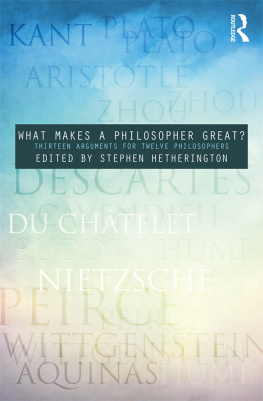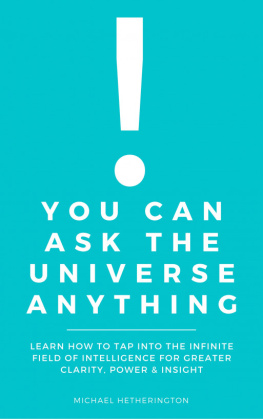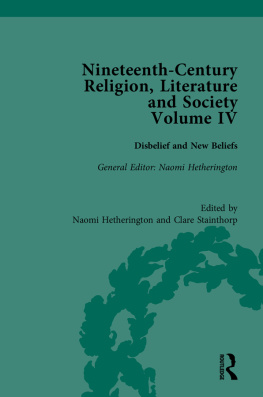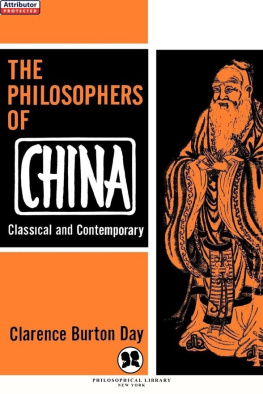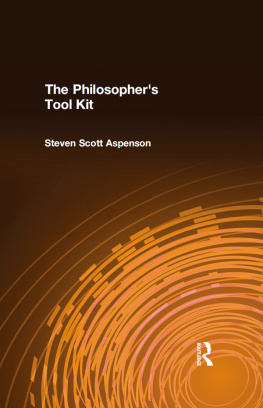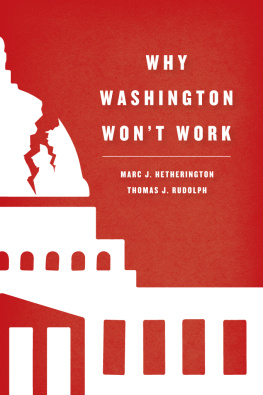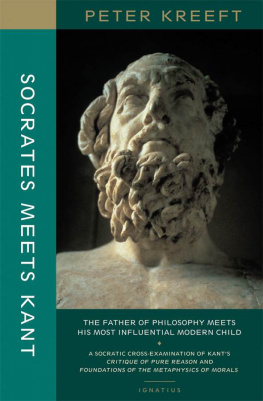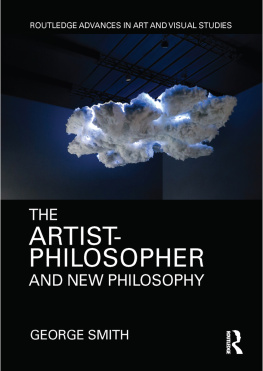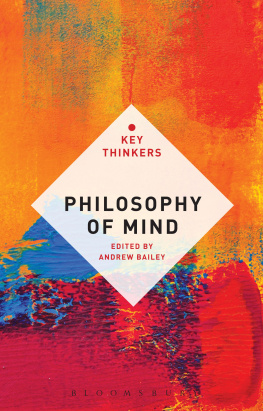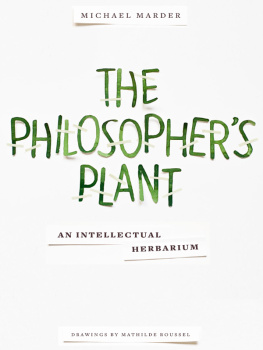Hetherington - What makes a philosopher great? : thirteen arguments for twelve philosophers
Here you can read online Hetherington - What makes a philosopher great? : thirteen arguments for twelve philosophers full text of the book (entire story) in english for free. Download pdf and epub, get meaning, cover and reviews about this ebook. City: New York, year: 2018, publisher: Routledge, genre: Religion. Description of the work, (preface) as well as reviews are available. Best literature library LitArk.com created for fans of good reading and offers a wide selection of genres:
Romance novel
Science fiction
Adventure
Detective
Science
History
Home and family
Prose
Art
Politics
Computer
Non-fiction
Religion
Business
Children
Humor
Choose a favorite category and find really read worthwhile books. Enjoy immersion in the world of imagination, feel the emotions of the characters or learn something new for yourself, make an fascinating discovery.
- Book:What makes a philosopher great? : thirteen arguments for twelve philosophers
- Author:
- Publisher:Routledge
- Genre:
- Year:2018
- City:New York
- Rating:4 / 5
- Favourites:Add to favourites
- Your mark:
- 80
- 1
- 2
- 3
- 4
- 5
What makes a philosopher great? : thirteen arguments for twelve philosophers: summary, description and annotation
We offer to read an annotation, description, summary or preface (depends on what the author of the book "What makes a philosopher great? : thirteen arguments for twelve philosophers" wrote himself). If you haven't found the necessary information about the book — write in the comments, we will try to find it.
Hetherington: author's other books
Who wrote What makes a philosopher great? : thirteen arguments for twelve philosophers? Find out the surname, the name of the author of the book and a list of all author's works by series.
What makes a philosopher great? : thirteen arguments for twelve philosophers — read online for free the complete book (whole text) full work
Below is the text of the book, divided by pages. System saving the place of the last page read, allows you to conveniently read the book "What makes a philosopher great? : thirteen arguments for twelve philosophers" online for free, without having to search again every time where you left off. Put a bookmark, and you can go to the page where you finished reading at any time.
Font size:
Interval:
Bookmark:
First published 2018
by Routledge
711 Third Avenue, New York, NY 10017
and by Routledge
2 Park Square, Milton Park, Abingdon, Oxon, OX14 4RN
Routledge is an imprint of the Taylor & Francis Group, an informa business
2018 Taylor & Francis
The right of Stephen Hetherington to be identified as the author of the editorial material, and of the authors for their individual chapters, has been asserted in accordance with sections 77 and 78 of the Copyright, Designs and Patents Act 1988.
All rights reserved. No part of this book may be reprinted or reproduced or utilised in any form or by any electronic, mechanical, or other means, now known or hereafter invented, including photocopying and recording, or in any information storage or retrieval system, without permission in writing from the publishers.
Trademark notice: Product or corporate names may be trademarks or registered trademarks, and are used only for identification and explanation without intent to infringe.
Library of Congress Cataloging-in-Publication Data
Names: Hetherington, Stephen Cade, editor.
Title: What makes a philosopher great? : Thirteen arguments for twelve
philosophers / edited by Stephen Hetherington.
Description: New York : Routledge, [2018] | Includes bibliographical
references and index.
Identifiers: LCCN 2017030195| ISBN 9781138936157 (hbk) |
ISBN 9781138936164 (pbk) | ISBN 9781315676999 (ebk)
Subjects: LCSH: Philosophers.
Classification: LCC B72 .W49 2018 | DDC 109.2dc23
LC record available at https://lccn.loc.gov/2017030195
ISBN: 978-1-138-93615-7 (hbk)
ISBN: 978-1-138-93616-4 (pbk)
ISBN: 978-1-315-67699-9 (ebk)
Typeset in Bembo
by Apex CoVantage, LLC

What is the difference between a merely good philosopher and a great one? Lists of the great (and usually dead) philosophers presuppose an answer to this question but its far from obvious what the answer is. The distinguished contributors to this terrific volume advance our understanding of what great philosophy is and explain the greatness of some of the greatest philosophers.
Quassim Cassam, University of Warwick
An impressive assembly of scholars, each a top expert on their subject, addresses the title question of the volume. A fascinating collaboration, in which the contrasts will no doubt illuminate no less than the agreements.
Ernest Sosa, Rutgers University
David Bronstein, Associate Professor of Philosophy, Georgetown University
Karen Detlefsen, Associate Professor of Philosophy and Education, University of Pennsylvania
Jonardon Ganeri, Global Network Professor of Philosophy, New York University
Don Garrett, Professor of Philosophy, New York University
Ken Gemes, Professor of Philosophy, Birkbeck College, University of London
Lloyd P. Gerson, Professor of Philosophy, University of Toronto
Gary Hatfield, Adam Seybert Professor in Moral and Intellectual Philosophy, University of Pennsylvania
Jeffrey Hause, Michael W. Barry Professor of Philosophy, Creighton University
Stephen Hetherington, Professor of Philosophy, University of New South Wales
Karyn Lai, Associate Professor of Philosophy, University of New South Wales
David Macarthur, Associate Professor of Philosophy, University of Sydney
Cheryl Misak, Professor of Philosophy, University of Toronto
Nicholas F. Stang, Assistant Professor of Philosophy, University of Toronto
Allen Wood, Ruth Norman Halls Professor of Philosophy, Indiana University, Bloomington
Stephen Hetherington
Lloyd P. Gerson
Karyn Lai
David Bronstein
Jonardon Ganeri
Jeffrey Hause
Gary Hatfield
Karen Detlefsen
Don Garrett
Allen Wood
Nicholas F. Stang
Ken Gemes
Cheryl Misak
David Macarthur
The idea for this book arose, like many an idea, in the back of a taxi. I was in Taipei with Michael Slote and Chienkuo (Michael) Mi. Michael Slote and I were being hosted by Soochow University, courtesy of Michael Mi. Michael Slote was telling us about a paper of hisKant for Anti-Kantians, in his book Essays on the History of Ethics (New York: Oxford University Press, 2010). In that paper, Michael describes some contributions that Kant made to ethics that even an anti-Kantian like myself ought to accept and acknowledge (p. 101). This struck me as being a step toward understanding why Kant was great as a moral philosopher: Michael Slote was telling us how even those philosophers who would never call themselves Kantians about moral philosophy have learned from Kantand have learned not merely interesting details, but potentially fundamental moves. Hearing this, I made one of those mental leaps so beloved by so many philosophers: I generalized, swiftly and optimisticallyin this case, from Kant on moral philosophy to philosophers in general. Lets think about philosophical greatness as such, if possible (I thought, enthusiastically).
Inescapably, this is a speculative book. I do notfor even one momentclaim that it is bound to reveal, clearly and incontestably, what philosophical greatness is, if indeed there is any such quality in the first place. But I dofor more than one momentbelieve that the idea of philosophical greatness is a tantalizing one. Wouldnt it be grand to gain some sense of what philosophical greatness is, if indeed it does or could exist? Shouldnt we at least try to gain that sense, if we are at least to examine or test the hypothesis that philosophical greatness ever is or could be manifested?
The book is not intended to be discussing every philosopher with some claim to being great. Perhaps there are great philosophers beyond the people discussed in this book. And I am confident that not everyone will agree that every philosopher discussed here is great. No matter; I have sought a suggestive sample of several prima facie candidates for philosophical greatness. Here is that sample, courtesy of some excellent contemporary scholars.
Andy Beck at Routledge was vital to this books existence and development. He was enthusiastic and constructive, offering excellent suggestions for shaping the book. The same is true of Routledges three anonymous reviewers. And welcome editorial assistance was provided by Vera Lochtefeld (Routledge) and Lindsay Yeates (University of New South Wales).
Descartes as a Great Philosopher
Gary Hatfield
There is no doubt that Descartes is a great philosopher. In many areas of philosophy, the most recent writings invoke his positions as benchmarks for orienting current thought (often through opposition to him). Thus, in the philosophy of mind and the philosophy of perception, one finds frequent reference to Descartess mind-body dualism, his (actual or presumed) account of the place of sensory experience in the economy of human knowledge, or his (actual or presumed) model of deliberative action. With the clear vision of hindsight, we can see that he changed the way in which the mind-body relation was conceived and that he proposed a view of sensory qualities that promoted (in effect) a distinction between primary and secondary qualities. In the second half of the seventeenth century, his comprehensive natural philosophy, based on particulate matter in motion, was widely discussed and adopted in its fundamentals. It advanced the conception of a single, indefinitely large universe, constituted of a single type of matter, that set the stage for Newtons work. Any one of these achievements would be enough to preserve Descartess name among the great philosophers, on the grounds of his extensive influence on later thought. The fact that he changed the game in these ways (and several others) presumably is why he appears on virtually every top-five list of the greatest Western philosophers.
Font size:
Interval:
Bookmark:
Similar books «What makes a philosopher great? : thirteen arguments for twelve philosophers»
Look at similar books to What makes a philosopher great? : thirteen arguments for twelve philosophers. We have selected literature similar in name and meaning in the hope of providing readers with more options to find new, interesting, not yet read works.
Discussion, reviews of the book What makes a philosopher great? : thirteen arguments for twelve philosophers and just readers' own opinions. Leave your comments, write what you think about the work, its meaning or the main characters. Specify what exactly you liked and what you didn't like, and why you think so.

